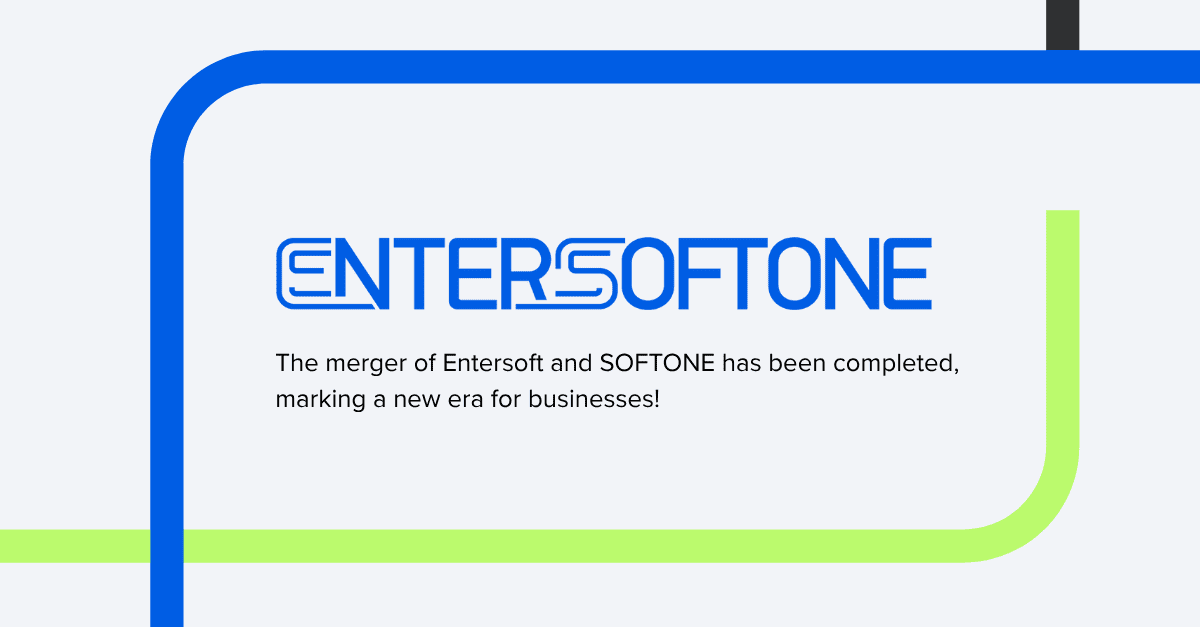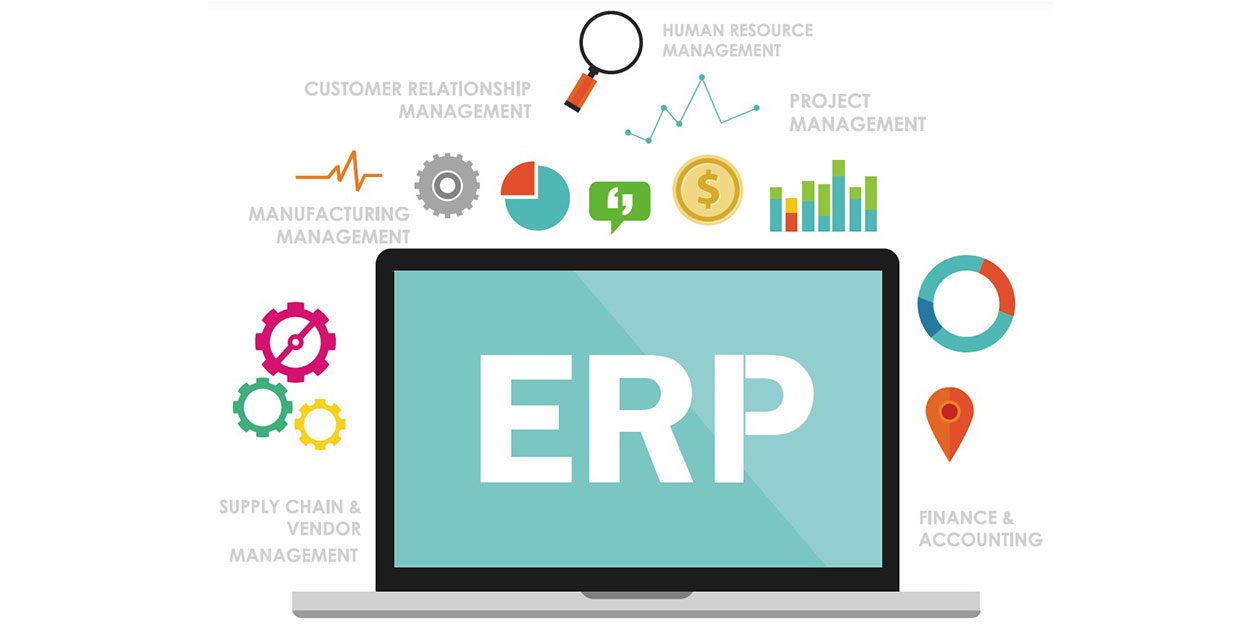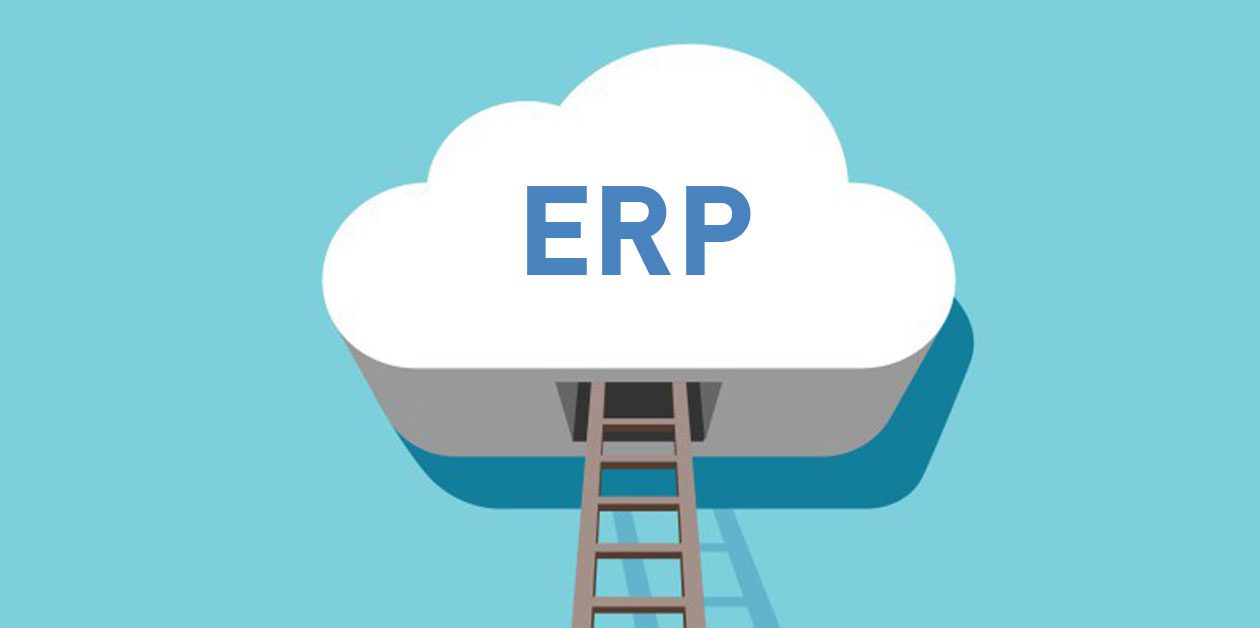Share
Read also

News & Events
ENTERSOFTONE: The merger of Entersoft and SOFTONE has been completed, creating the largest provider of business software products and services in Greece and Southeast Europe.

Mobility
Outlook for the BYOD and EM market from 2025 to 2035

Cloud
The Cloud CRM market will see impressive growth by 2033

Mobility
Key trends in Sales Force Automation
Before committing their resources and funds to the deployment of an ERP solution, most businesses demand a comprehensive plan as a guarantee for their ROI -whether for deploying a new solution or for updating/replacing a legacy system. Let us have a look at the areas of interest.
Both determining your business requirements and prioritizing them, are of equal importance. There is so much information available during the deployment stage that businesses can get easily lost in describing lower-level processes. Such circumstances often give rise to delays and procedural issues of all sorts.
What truly differentiates the best ERP deployments in their class, is that they have the full support and commitment of business executives. At the early stages, the initiatives taken towards the acquisition of an ERP solution belong to the CIO or IT Manager, but, in the end, the support of the CEO, CFO and other top executives, is deemed absolutely necessary. Let us not forget that these people are responsible for setting strategies and the overall business direction, so they should be the ones to decide how the ERP solution will be included in the general operational context of their business.
Many companies focus mostly on the purely technical aspects of ERP instead of determining which requirements are more important for their business. Certain features or functionalities of the solution that do not align with the business needs, often entail needless waste of valuable resources, time and money that could be used for other activities, such as the customization of the solution, or even training.
A question that often arises during the deployment process is if customization is necessary, and at what degree, for new business needs to be met. In the case of a positive return on investment (ROI), the decision in favor of customization and the acceptance of its benefits, become easier for the business.
An ERP deployment brings big changes to the workflows and business processes for all people across the business, whether they actively participate in the deployment or not. That stresses the importance of having the widest possible support through all the stages of an ERP deployment.
Equally important for a successful ERP deployment is change management. The introduction of employees to new processes and job roles should be gradual, so that they can get familiar with these developments.
Another key to a successful ERP deployment is that data migration should take place as early as possible. Data is the most valuable asset for a business, and any issues during the migration from legacy to new ERP systems will have a negative effect on business processes.







